Cordite Poetry Review
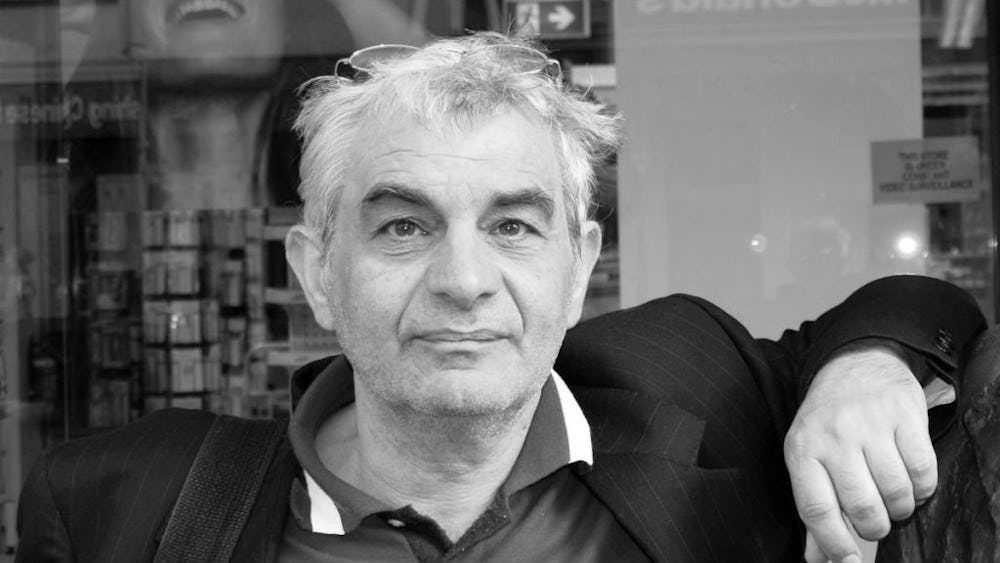
WRITER & WRITER: 'A poet is a worker in language' – Debris Facility Interviews π.ο.
DF: When we met, you appreciated my name, as I do yours. We’d taken on 'Debris Facility' as a way to re-write the practice/identity, a material linguistic ritual to reinscribe the multiplicity of embodiment including gender. I understand that you’d taken π.ο. as a name while a student. What is the process and thinking behind your name, and what has it enabled for you?
π.ο. : Generally i don’t indulge a lot in explaining my name except to say that when i was a Collingwood Tech, i suddenly realised that altho a lot of kids like me couldn’t pass English subjects we were everyone’s equal in Maths classes if not better cos we were the great white hopes of our families and science and mathematics was the way out of the slum/slump. I fell in love with Pythagoras, and still do and am. And then i fell in love with 'the ratio of the diameter of a circle with the circumference' and it was given the letter π and it was Greek, and it was me: my initials π right next to the circle O, the most compact of visual signifiers with symbol-mathematical-pretentious, and ½ Greek, ½ English, ½ calculation, ½ visual (later understood as 'poem'), and ½ mine. No other name was possible for me.
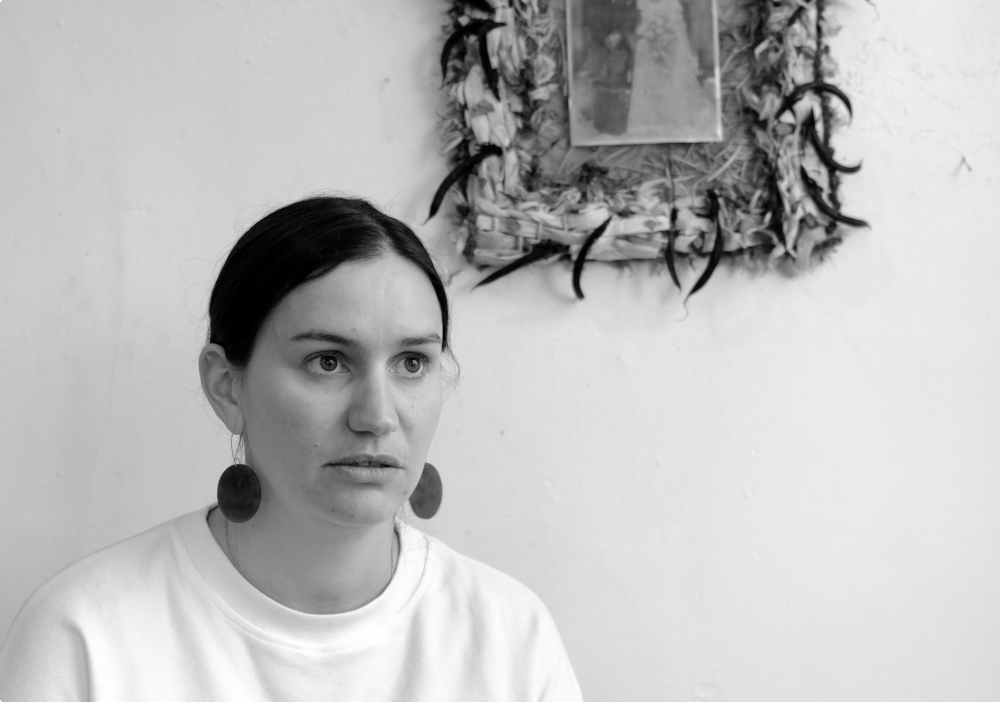
WRITER & WRITER: 'A foot between two whenua' – Morgan Godfery Interviews Hana Pera Aoake
Artist and writer Hana Pera Aoake speaks to writer and trade unionist Morgan Godfery about growing up between Australia and Aotearoa, their work in relation to European knowledge systems, and the process of publishing A Bathful of Kawakawa and Hot Water – a book of their collected writings.
I always come back to Te Ahukaramuu Charles Taylor’s definition of kaupapa Maaori being about transformation and pulling different or new knowledge systems together to better understand the historical and contemporary dimensions of power structures within New Zealand. Our tuupuna (ancestors) adopted many paakehaa (European settler) technologies, clothing, food, ways of life etc. I think it’s really important to understand European knowledge systems. How else are you going to critique them?
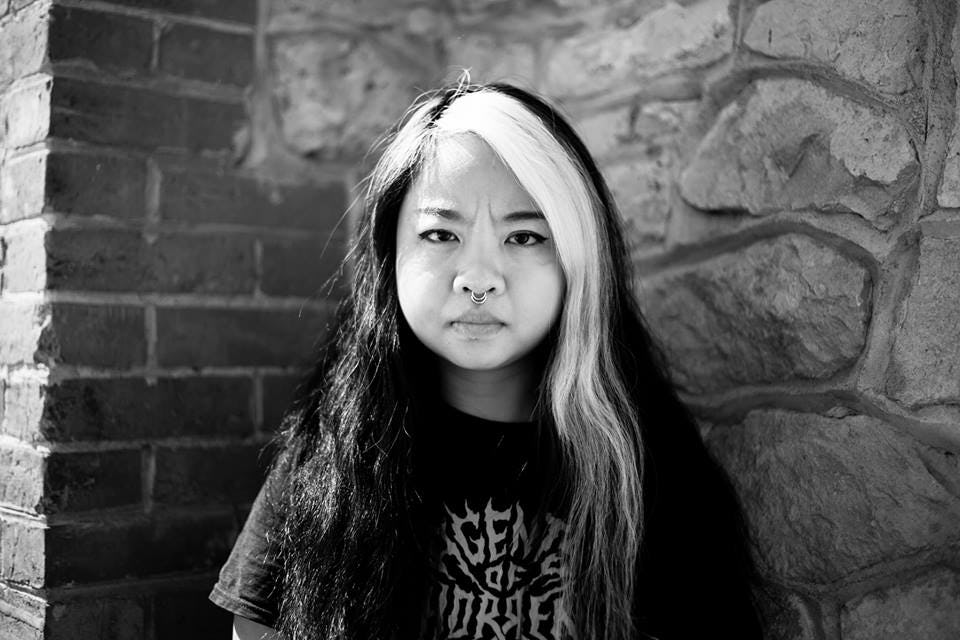
House Style Lifestyle, Or: Same. Same. Same. Same. Same. Same.
When first impressions and outcomes matter more than the act of reading itself, arbitrary measures such as 'engagement' and 'marketability' are used as yardsticks against unquantifiable devices such as narrative and stylistic structure – like scum, they rise to the top.
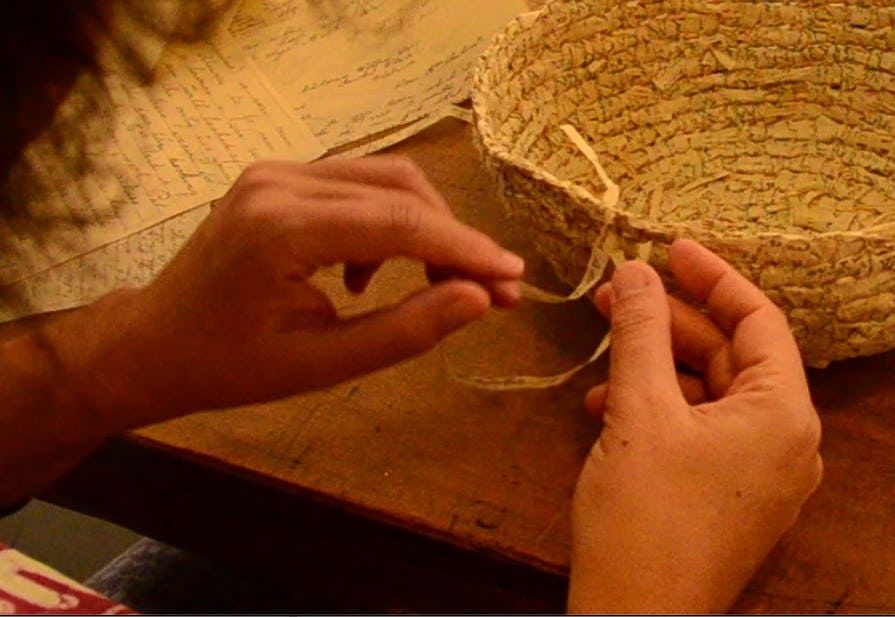
Weaving Blankets of Story and Hearts of Gold: An Archival-poetics Praxis
My dad was diagnosed with lung cancer on his fifty-ninth birthday and after a fierce battle with his body and mind, he died two years later. In the face of all odds, he maintained optimism and hope. He could never accept the inevitable, and in the words of Dylan Thomas, he did indeed rage against the dying of the light. His courage, dignity and will shone bright until the very end.
On the first of many anniversaries after dad died, his birthday felt like the right time to begin weaving a basket from a selection of letters from the State’s Aborigines Protection Board and Children’s Welfare Board files, handwritten by my nanna and great-grandmother: a small contemplation on mourning, family history and the colonial archive, and the heart of my research at the time.
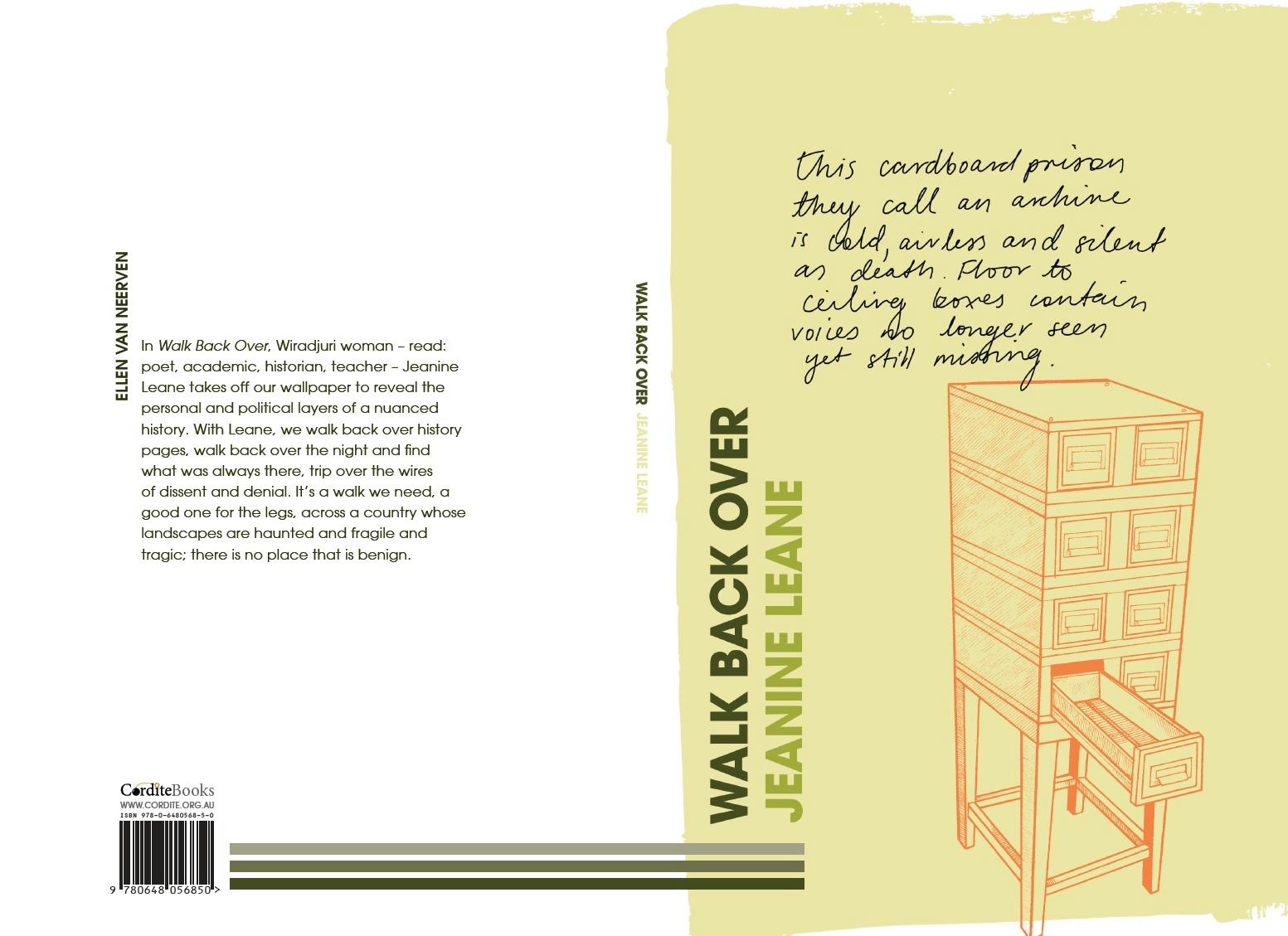
Introduction to Jeanine Leane’s Walk Back Over
With Leane, we walk back over history pages, walk back over the night and find what was always there, trip over the wires of dissent and denial. It’s a walk we need, a good one for the legs, across a country whose landscapes are haunted and fragile and tragic; there is no place that is benign. 'What piece' (what peace)? – the question asked in the second poem, 'Piece of Australia' – becomes an echo in the reader’s mind throughout the collection.
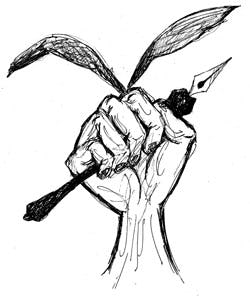
The Realpoetik Manifesto
FOR TOO LONG has poetry been disregarded as a valid vehicle for the exploration of real world experience. Too often has poetry been filed in the 'too hard' basket and deemed 'irrelevant' and 'inaccessible'. This declaration calls for an end to the mistreatment and marginalisation of poetic language; an end to the segregation of poetry from and by the authoritative discourse of prose. We summon forth the potential of poetry to expand our conceptions and perceptions of the 'real'.
(Further reading: Ali Alizadeh interviewing Jessica L. Wilkinson on her poetic biographies of Marion Davies, Percy Grainger and George Balanchine: The objective, for me, is to make the biography come alive as an echo of character, rather than to dish up all the 'facts' for a greedy reader. There are other ways to know a character beyond the facts.)